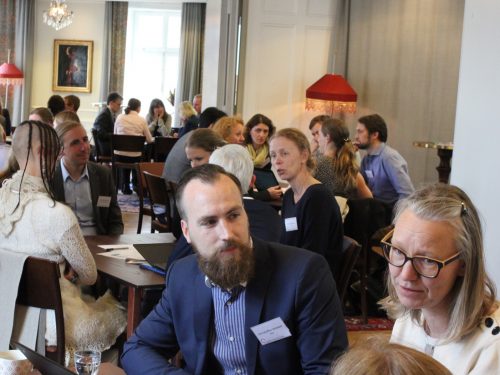Social life cycle assessment – experiences from Swedish users
Background
2009 the first handbook on social life cycle assessment (S-LCA) was published by the UN environmental program (UNEP). From its origin as an environmental tool, life cycle assessment is now being developed in towards becoming a sustainability tool.
Since the publication of the UNEP Social Lifecycle Analysis Manual, many case studies have been performed around the world. There is an ongoing debate on the lack of consistency in methodology but the debate is almost exclusively about how the methodology can describe social sustainability problems and the reasons for doing so in an objective and quantitative way. However, there is no discussion of its usefulness and effects in the companies and authorities where it is used. Although many method developers aim to make S-LCA a tool for corporate social responsibility (CSR) it is unclear how companies relate to such a tool.
Sweden was found to have the highest share (12%) of businesses declaring to use a life-cycle perspective in their sustainability reporting. Swedish companies were also among the first ones to test S-LCA. But how has the use of S-LCA developed over the years?
Aim and objectives
This project aims to map experiences and ideas regarding S-LCA in Swedish industry and enable a more thorough understanding of S-LCA practice. For which activities within an organization is S-LCA use relevant? Are the objectives of S-LCA to some degree already sufficiently addressed by other work in the organizations, such as in corporate social responsibility (CSR) activities? How can a user combine the technical approach of LCA with the ‘soft’ aspects of social impacts?
Outcomes
A report from hte project was published in spring 2020 and it can be found here.
The results of the project was also presented at SLCA2020 conference in Gothenburg in June 2020. The conference was held online due to covid-19 and the presentation was made available on YouTube.
-
 Project Contact:Mathias Lindkvist
Project Contact:Mathias Lindkvist -


